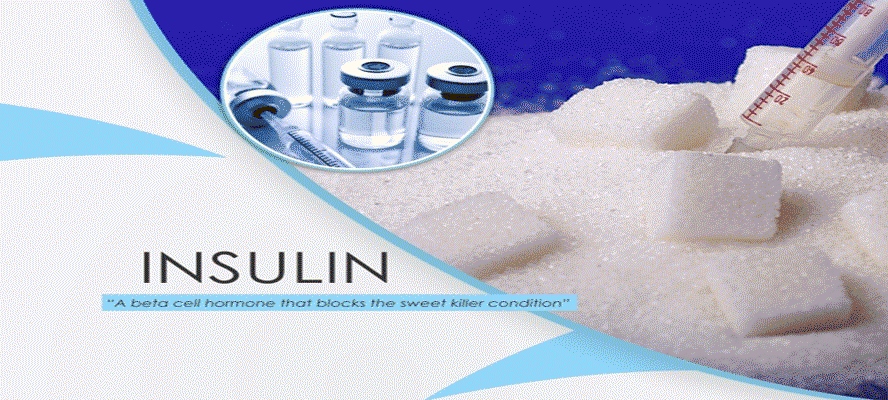“Diabetes”, a metabolic disorder affecting majority of the population world over, is known to mankind and is in existence for many decades now. Research directed to find the exact cause for this condition, brought out the existence of “insulin”, the principle hormone that controls sugar levels.








